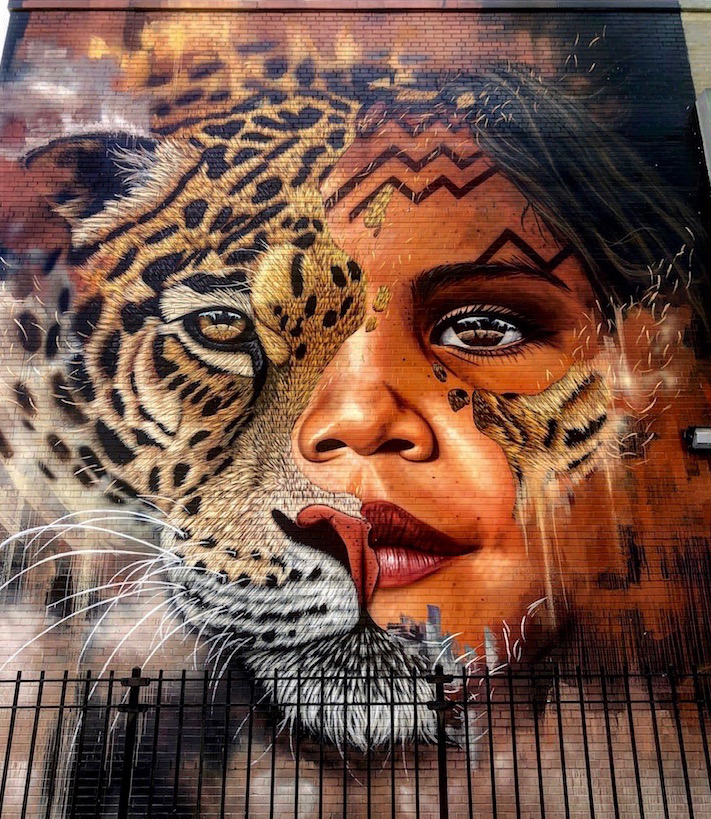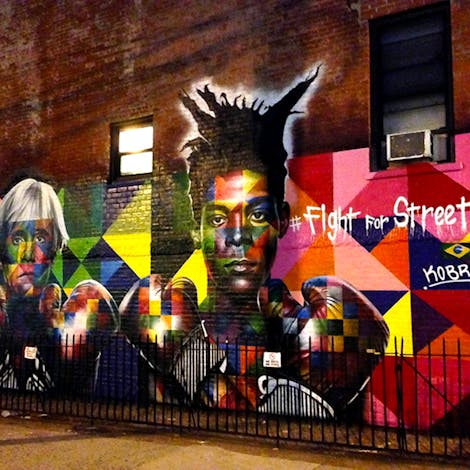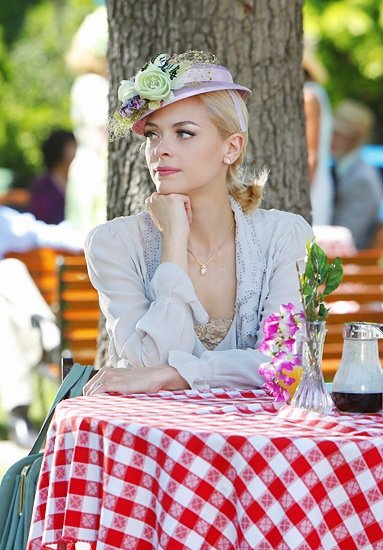This isn't the blog post I thought I would write.
Sometime in the wee hours of election night, I had a thought. I really need to talk to some Trump supporters. The sea of red counties in nearly every state is telling me something that I don't understand. I need to hear from these people and write a blog post in response to what I learn. .
First, a bit of background. I live in a blue county. One local friend told me, "For us, this election is really about physical survival. It’s not about preference." I have given my life for this blue county and its people. It is the joy of my life and the deepest honor I can imagine to live and work here on assignment from God. Amazingly, they have accepted me. I have felt overwhelmingly appreciated and loved in this blue place. Yet, my Bible tells me that Christians in other parts of the world -- including all those little bright red counties -- are also part of my body.
What do I make of this disparity?
Are they against the survival of my friends here? Many of those people in red counties have sent money to help in my blue county, so, no, I think they do want my friend to survive, so why are they voting for someone who sounds like he doesn't?
I felt like I needed to know, so I set out to find out. I put an invitation on Facebook for Trump-supporting Conservative Anabaptists (that’s my religious affiliation). I got a guarded but substantial response. We set up some virtual conversations, focus group meetings, where I could get some clarity. Here's what I learned.
1. Politics is about more than policies. We did talk about specific policies such as abortion or immigration, but what I heard loud and clear just below the surface was this. The group felt that the cultural elites (i.e. left-leaning celebrities, career politicians, icons in media and academia) have made them feel like they don't belong. Its as if to be rural, socially conservative, traditionally religious, and dedicated to the dignity of manual labor is to be "deplorable." In their words, the "left" is substantially less tolerant of them than they are of the left. Trump, in spite of all his short-comings, seemed to understand and also carry this frustration. They said that he was/is a fearless advocate and it doesn't seem like just an act like many other elite politicians who pretend to care. He is fed up with the cultural elites, just like they are, so they supported him. Its as if Trump reminded them that they still belong in America.
This was fascinating to me because I feel like it mirrored a bit what I have heard from local folks on the opposite end of the spectrum. Many here feel like Trump called them "rats" (see comments about Elijah Cummings' urban district) and "sons of bi#@%s (see Kaepernick). In essence, that they don't belong. Conversely, the pride they felt when Obama was elected was a visceral realization that perhaps they finally belong in this country. Trump made it his mission to take that feeling away thereby making America great again.
This tells me that politics have become a surrogate for our cultural identity. It has become the answer to the existential question of "Do I belong here?" Obama made my local friends feel like they belonged in this country. Trump has made many in rural, White America feel like they belong.
2. I also learned that toxic politics thrives in caricatures and straw men. Many in the focus group relayed the sentiment that they feel like there is a caricature of them alive and well in popular culture that has little resemblance to what they actually think and feel. For them, being a Trump supporter does not mean that they agree with all of his tweets, or that they are racist, or that they don't care about the poor. They seemed to deeply resent this unfair characterization of them and their beliefs.
Straw man is a debate strategy where you first associate your opponent with an extreme version of their ideology (straw man), then you can quite easily argue against that straw man by pointing out all their extreme positions. My focus group felt bludgeoned as a straw man, a person that they are not actually..
Ironically, to this point again, I here echoes of the same concern on the opposite side of the political spectrum. Folks on the left resent similar hurtful labels (i.e. marxist, "welfare queens," or the dangerous angry black man to name a few). They don't like their relatives being associated with the “rapist/drug dealing immigrant” when they know what it feels like to make the hardest decision of your life to walk away from all the people and places you love to risk your very life to come to a place because you believe that poem on the Statue of Liberty might still be true. To use another example, to believe that black lives matter doesn't mean you think it is okay to randomly break store front windows and carry out merchandise. Caricatures and straw men are definitely hurtful. We all agree with that.
In a strange sort of way, I found it encouraging to discover this common ground. My focus group actually had some of the exact same feelings of disenfranchisement that I have been hearing from Black folk for decades.
3. The third thing I learned is about listening. I learned that listening is hard. I made up my mind to firmly avoid debate in these focus groups. I purposed to not make any rebuttals or counter-points. This did a couple of powerful things for me. It released some of the pressure. Since I proposed that my goal was only to listen, I didn't have to compose an eloquent response on the spot. Rather than think up a convincing reply, I spent my listening time actually listening. If something seemed unclear, I just asked for clarification. If I felt curious, I asked more questions; I went looking for underlying motivations and feelings in addition to the concrete policy answers. It was as if I was on a strange planet knowing that regardless of what monsters might be lurking around the next corner, I didn't have to defend myself. I just had to look and write down what I saw.
This is not to say the sessions were easy. I found it very hard, but it was hard in a good way. I felt like I could be free as I face the truth of people's experience. It felt sort of like when the doctor tells you that one of your ankles is broken. Its not easy to hear, but at least it explains why it hurts so much.
So, I came out of those sessions not with a blog about policy differences, but this reflection on belonging, fear and pain.
I kept thinking of the analogy of the body in Scripture. If the American church is a body, I feel like both our ankles are broken. As an urban believer, I feel like a lot of my brothers and sisters in rural America voted for someone who doesn’t want me here. What my focus groups told me is that they feel similarly under attack and similarly in pain at the prospect of Trump's defeat -- almost like their lives depended on it.. They think that soon they will not be allowed to freely exercise their faith in this country as cultural leftists are "clearly in the driver's seat of American culture." Perhaps soon they will say the wrong thing at work, and they will lose their job. How soon will their pastor's sermon be labeled as "hate speech," and he will be shipped off to a re-education camp? “If people keep being goaded and called racists, maybe they will become racists” one focus group member said referencing people in his local community.
So, we have two sets of fears, two sets of pain, it feels like a zero sum game, the kind that breeds war.
Where do we go from here?
Let me pause to make a disclaimer. All pain is not created equal. By acknowledging that my focus group has pain and that their pain reminds me a lot of the pain I hear from my local friends, does not mean the pain is exactly equal. Its not. No one's pain is equal to another's. Our history and experiences are entirely unique.
Here's what I suggest might be a first step. We need to acknowledge what pain exists. We don't need to assess the legitimacy of it, just notice the effect of it. Pain and fear caused people to vote the way they did. Pain and fear in one part of America is causing pain and fear in another part and vica versa. To use the body analogy, the pain of one broken ankle has caused us to break the other ankle and the cycle continues. Now the body can't walk. Instead the body is yelling non sequiturs that don’t sound much like Christ. What are Christian leaders even saying?
-- Tara Brach
We have to notice the trap we are in and the trap others are in. Notice our fear and pain behind our bark, and notice the fear and pain in our brothers.
Second, we need to pracice grace. Here’s how He works.
In Matthew 20:1-16, Jesus tells an interesting parable of a strange land owner who agreed to pay his workers what is right. He hired some workers at a denarius for a full day work. Throughout the day, he proceeded to hire several other groups of workers who worked various lengths of time and one group that only worked one hour. At the end of the day, he paid everyone one denarius. The first workers who worked the longest were incredulous. Why did we get paid the same as those other greedy, lazy, entitled, privileged people? The land owner ends with a piercing question, "Are you envious because I am generous?"
Because others’ concerns and needs are addressed, does it mean that mine are neglected? Is one broken ankle mad because the other ankle is getting bandaged?
Can we look at each other’s pain without a political lens? Can you look at the sky-high suicide rate of gay teens with some compassion and not immediately call it liberal propaganda? Can we hear the disenfranchisement of the Conservative While male and not immediately call it White fragility? Could we ask ourselves why the suicide rate in White men over 45 is double most other race/gender groups?
“Injustice anywhere is a threat to justice everywhere. We are caught in an inescapable network of mutuality, tied in a single garment of destiny. Whatever affects one directly, affects all indirectly.” ― Martin Luther King Jr., Letter from the Birmingham Jail. We can’t afford to play these zero-sum political games in the body of Christ. Its like “cutting off your nose to spite your face.”
When I asked the focus group the question about where do we go from here, there was an awkward pause -- something like the awkward pause at my work when we try to think constructively about Trump voters.
Eventually, someone mentioned “love” It is, after all, the key action in both of the two greatest commandments, so I would have to agree.
So that’s what I learned from the focus groups.
What do you think?
















